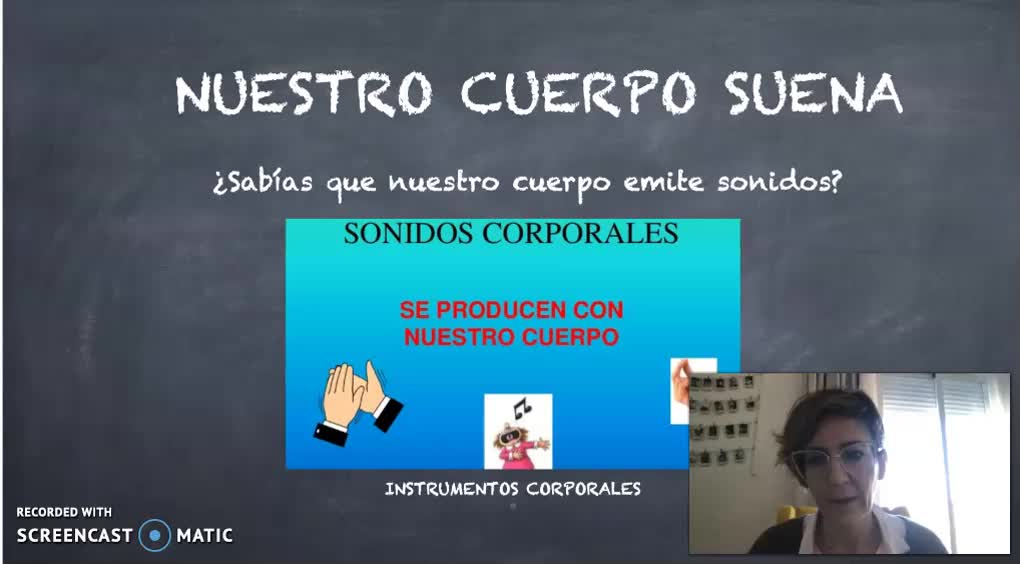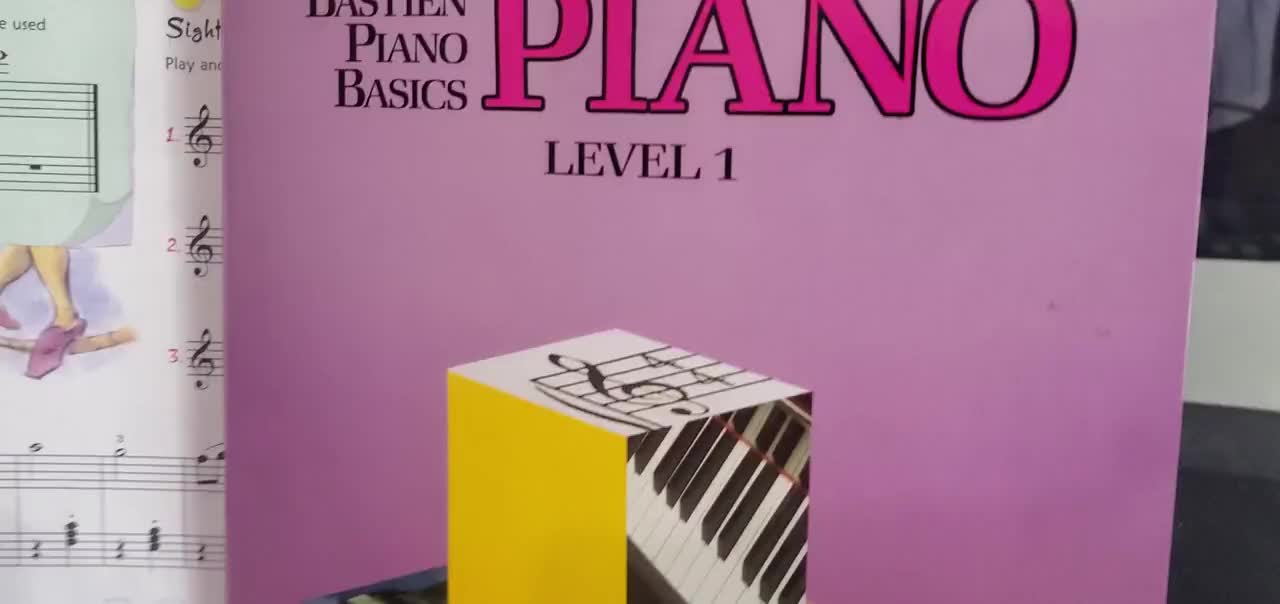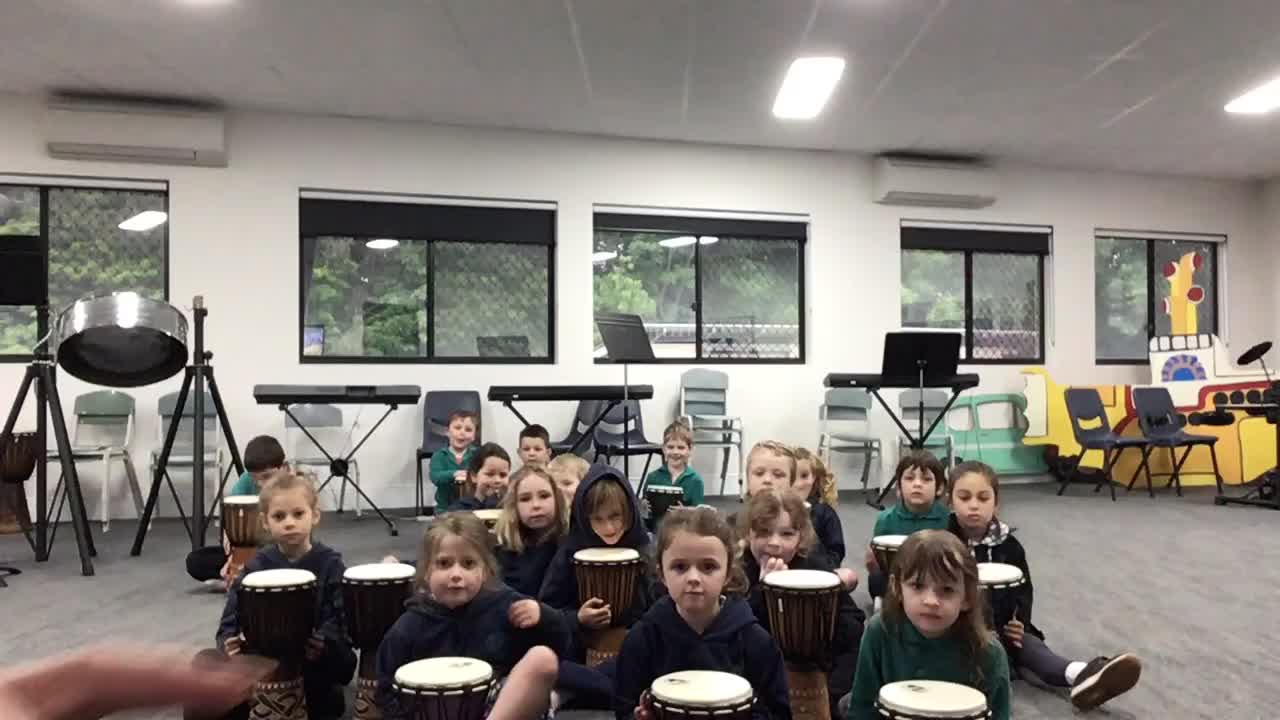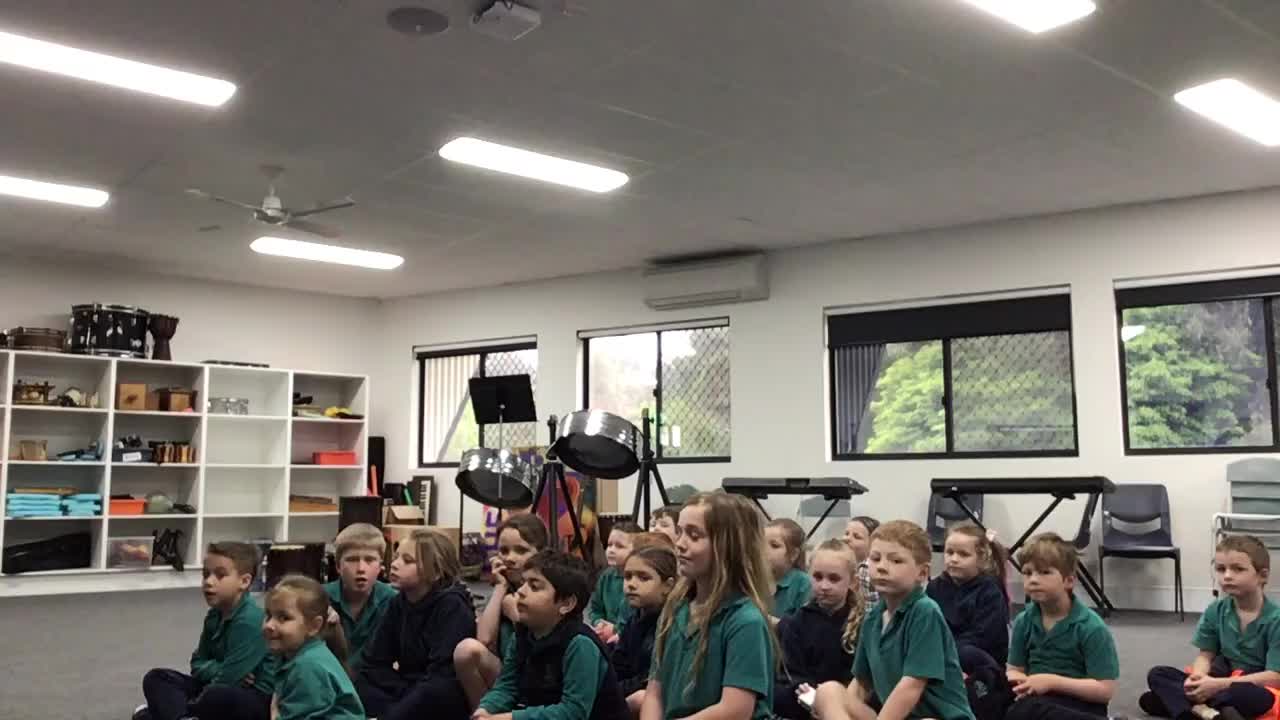Elementary > Fine Arts > Music Videos
It is vital to learn music in elementary school through music education. Studies have shown the benefits of music within schools and how it clearly demonstrates the need for music programs. Some research even states that music education is beneficial to increasing intelligence and improving academic skills. An article in Reader’s Digest called “You Can Raise Your Child’s IQ” shows that preschool students who are taught with games and songs show higher IQ advantage of about 10 to 20 points. Preschoolers who take 30-minute group singing lessons daily and 10 to 15-minute weekly lessons show 80% higher skill in object assembly skills compared to students without any music lesson experience. (1994 study by Frances Rauscher and Gordon Shaw at the University of California, Irvine)
Music education is sustained in elementary years through continued lessons. In 1999, a Neurological Research showed that students scored a full 100% when they learned fractions through music rhythm notation. That is way higher than those who learned using the conventional method. Another example of how music education plays a vital role in academic achievement is shown in a 2001 study by the Music Educators National Conference. This research showed that SAT takers with music education scored better in verbal and math exams than those without music or art experience.
Now that it is clear that music education programs are necessary for the future success of children, it is important for teachers to know how to plan out an effective curriculum overall. Teachers should be able to teach music theory and literacy, history, and culture as they relate to all forms of music. Each grade and class must have a set of goals under their domain that are well designed in their units and lessons. Schools can benefit a great deal from this as much as students can.









